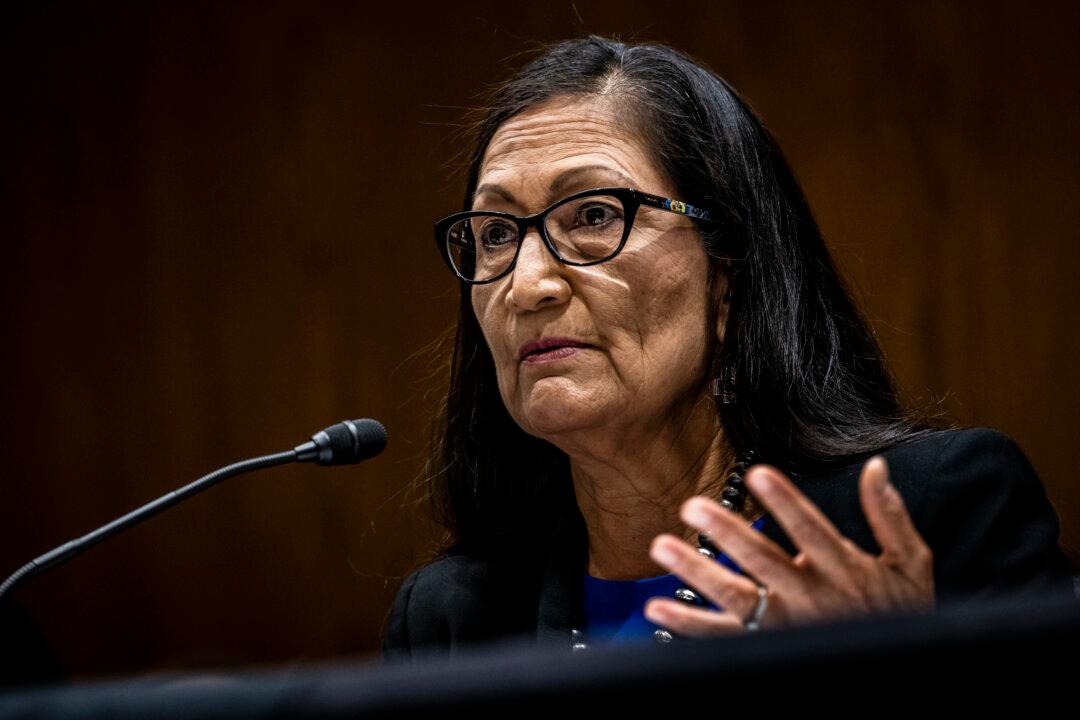Commentary
NASHVILLE, Tenn.—Americans with investments in the “Big Three” financial companies—BlackRock, State Street, and Vanguard—may see their money “voting” for things they don’t believe in, warns the top lawyer at Strive Asset Management, the firm founded by former Republican presidential candidate Vivek Ramaswamy.





